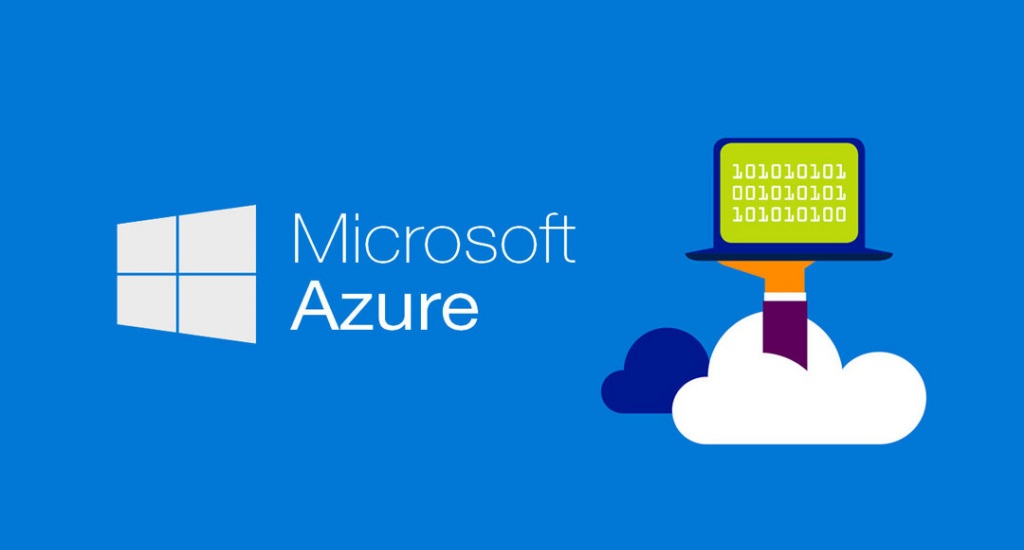A discussion on the past and future of printed tickets and why they will withstand the digital revolution
Though tickets had been used ever since the ancient Greek and Roman civilizations, the paper tickets that we are familiar with came to be used in the late 19th century. Tickets were meant to be an easy means for theatre managers to keep a tab on the number of people in the theater, arrange to seat for everyone and keep track of how much money they are making each evening. Tickets have gone through various changes over time. In the early 1900s paper tickets were getting more beautiful, with stubs being embellished with complex borders and colored ink.
In the 1940s, sports games in the US spurred the production of imaginative ticket design, with tickets to baseball games being manufactured in the shape of baseballs, and catcher’s mitts. In the 60s and 70s ticket stubs for some sports events and concerts become pieces of art in their own right, and are typically highly sought after by collectors. As tickets became increasingly popular and thousands of tickets were needed around the world every instant, ticket printers became the most reliable technique of producing tickets.
Challenges Faced by The Ticket Printer Industry
As discussed above, tickets have majorly evolved. They are not handcrafted anymore. The Edmondson railway ticket system, for example, was introduced in the 1840s to track the payment of railway fares and account for the money generated.
Handwritten tickets were once employed by railway companies, as was the case with stagecoaches, but it was time-consuming for a ticket clerk to make out a ticket for each customer, and long lines were usual at busy stations. For a long time, the Edmondson railway ticket system was an integral part of every railway system, until it was gradually phased out in favor of computer-printed tickets.
Have a look at the full report on Ticket Printers at https://www.reportsanddata.com/report-detail/ticket-printers-market
Nowadays tickets are printed using materials and technologies that are largely sustainable. They mainly use recycled paper and thermal printing. To fit the unique print application, ticket printers are available in fixed or kiosk configurations. These printers are simple to use, maintain and are more cost-effective than other printer kinds. New technologies are being developed that will allow the tickets to be printed by just connecting the printing terminal to a smartphone that contains the print roll and ink ribbon.
According to Reports and Data, the ticket printer market is expected to register moderate growth over the coming years. But the challenges faced by the printed ticket industry are many and quite serious in nature. One of the biggest threats for the ticket printer market is the economic and political pressure on the printing industry to go green and therefore stop the entire process of issuing physical paper tickets and go digital.
The proliferation of smartphone usage has further slowed down the ticket printing market as most paper tickets are now being replaced with e-tickets. For instance, most people now book their tickets online and most railways and airlines do not require a printed ticket even at the time of boarding. Passengers can just show their ticket on the phone and get to board a vehicle.
This approach is not only ecofriendly, but it also saves a lot of cost for the establishment issuing the tickets. Many government and private companies have begun using mobile or e-tickets, resulting in reduced paper waste and improved ticket management system efficiency.
Innovative mobile-based ticketing systems have a lot of benefits, especially for smaller companies, and they’re quite easy to set up. A tried-and-true ticketing system promises to streamline the purchasing process, improve customer satisfaction, and save money. These cutting-edge ticketing systems can help provide a more personalized customer experience by allowing passengers to save and reuse their itineraries. This information can be used by companies to improve their services, eliminate inefficiencies, and cross-sell to their clients.
Smart ticketing aims to improve the customer experience by utilizing cutting-edge technology to make businesses easier, faster, and less expensive. It’s all about assisting operators in becoming more intelligent and transformative.
The ticket printing industry is however fighting back with thermal printing on recyclable paper. Also, the rate of digitization varies largely across the world. Many backward economies and rural areas are not nearly as digitized as many mature economies and urban areas. Therefore, paper tickets are not entirely replaced yet and it would be quite some time before they can be made entirely outdated.
Hopes for The Future
Besides the pace of digitization, there are also other factors that will keep the ticket printer industry afloat and thriving. Digital tickets can become a major means for event organizers to collect data about customers. By selling digital tickets, they can gather data about everyone who uses the tickets, rather than knowing the one person out of four who bought the tickets. Knowing who is in a seat, and being able to communicate with them before, during, and after the event is hugely valuable for event organizers. It could also lead to more in-event transactions such as ordering food with the ticket. An instance of this can be demonstrated through the fact that the NFL now has 120 million names in its centralized customer database, thanks to digital ticket data. Where there is a general pushback against consumer data collection, digital tickets can face a considerable setback, and paper tickets are more preferred.
Between Sustainability and Nostalgia
There is a general divide among consumers in the form of tickets. Younger consumers, who are more aware of the economic and environmental impact of paper tickets prefer digital tickets. They also find digital tickets to be more convenient as they are almost always on their phones and it is much easier to have a ticket on the phone than to have a printed ticket and forget to carry it when needed or misplace it altogether.
But for older consumers who are more used to physical tickets, printed tickets are more than just a pass for an event or travel. They are also mementos that can remind one about a special event or a journey worth remembering. Although the consumption of experiences rather than material products is increasing and leads to better enjoyment, many experiences are nevertheless accompanied by the consumption of material goods, particularly in the form of mementos. Existing explanations for why people buy mementos center on the reminiscing value and memory benefits they give. Tickets have long been one such memento, especially for famous events. And these can even have huge financial value. For instance, a used ticket from Kobe Bryant’s final NBA game sold for over USD 40,000 at a Goldin Auctions. Considering the fact that we live in a show all tell-all age where posting a picture of an event on social media can mean a big deal, physical tickets can still have quite a high value for even the younger generation of eco-friendly consumers.
But the ticket printer industry can’t depend on people’s sentiments alone. Therefore, at the same time, the ticket printer industry is trying to be more sustainable. For instance, many ticket printer manufacturers have reduced the average size of the printer by approximately 40% resulting in similar reductions in printed circuit board size, ink usage, and cabling. The reduced printer size reduces shipping weight by approximately 30% while affecting a 40% reduction in shipping volume.
Author – Paroma Bhattacharya has dabbled in the realm of content production for over half a decade and possesses extensive experience in penning down pieces related to healthcare, technology, banking, and a wide range of other industries verticals. Her articles focus primarily on balancing relevant data while never neglecting to make the material engaging. She believes in providing objective facts to help people make important business decisions.

